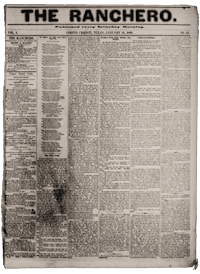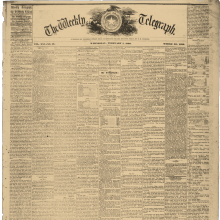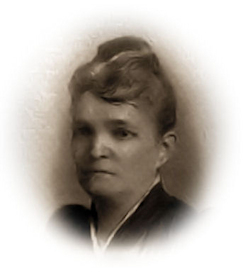MAY 28th.—There is some animation at the polls, this being election day. It is said Mr. Wickham, who for a long time, in the Convention, voted against the secession of Virginia, is leading Mr. Lyons, an original secessionist, and will probably beat him. And Flournoy, an old Whig politician, will probably be elected governor.
A dispatch from Gen. Johnston, dated yesterday, says in every fight, so far, around Vicksburg, our forces have been successful, and that our soldiers are in fine spirits.
Papers from the North have, in great headings, the word VICTORY, and announce that the Stars and Stripes are floating over the City of Vicksburg! They likewise said their flag was floating over the Capitol in this city. If Vicksburg falls, it will be a sad day for us; if it does not fall, it will be a sad day for the war party of the United States. It may be decisive, one way or the other. If we beat them, we may have peace. If they beat us—although the war will not and cannot terminate—it may degenerate into a guerrilla warfare, relentless and terrible!












